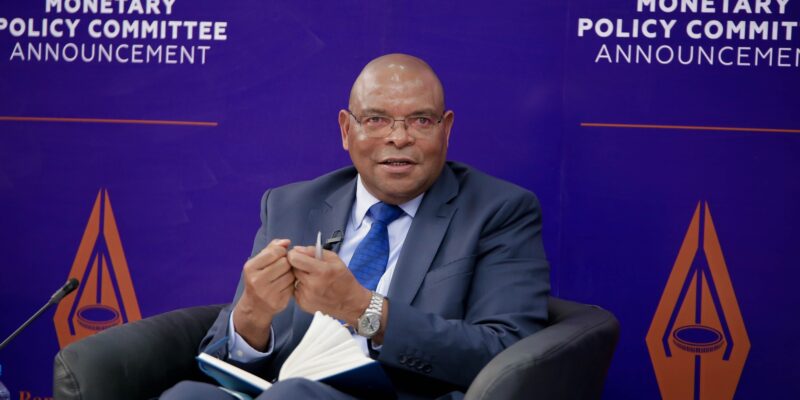The Bank of Zambia (BoZ) has stated that limiting non-resident participation in the primary market for government securities to no more than five percent of the total annual issuances has negatively affected the market.
In June 2023, the central bank issued a circular to all heads of commercial banks, guiding that this move was part of efforts to improve debt sustainability.
However, BoZ Governor, Denny Kalyalya, acknowledged that the measure was currently hurting the government securities market.
Speaking at a recent press briefing in Lusaka, Kalyalya revealed that the total outstanding stock of government securities stood at K229.37 billion by the end of December 2024, with non-resident holdings accounting for K57.64 billion, or 25.1 percent.
“Part of the debt restructuring process involved capping non-resident investment in our domestic market, and this has negatively impacted us. When these foreign investments come in, they contribute in two main ways,” said Kalyalya.
The Governor explained the roles non-resident investors play in the government securities market, particularly in foreign exchange and pricing.
He noted that these investors help boost the supply of foreign exchange by converting foreign currencies into Kwacha to purchase securities.
They also increase competition in the market, which affects interest rates and yields on government securities.
“Because of the cap, these contributions are not happening as expected,” he added.
The June circular clarified that the cap would not affect secondary market trading, meaning non-residents can still trade government securities on the secondary market as usual.
The circular also directed custodians and commercial banks to submit bids for non-resident investors directly to the central bank, where the five percent cap would be applied based on the performance of previous and current auctions.
WARNING! All rights reserved. This material, and other digital content on this website, may not be reproduced, published, broadcast, rewritten or redistributed in whole or in part without prior express permission from ZAMBIA MONITOR.












Comments